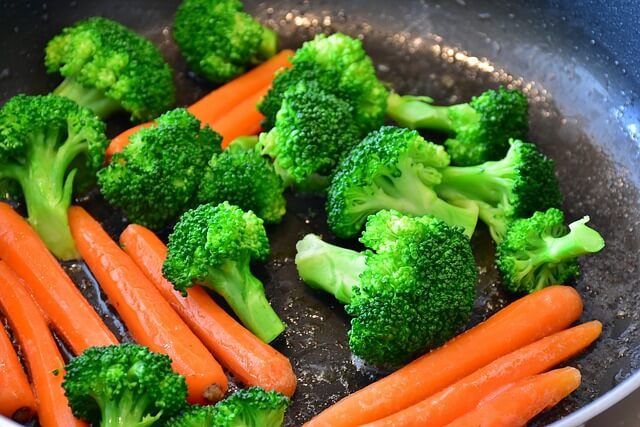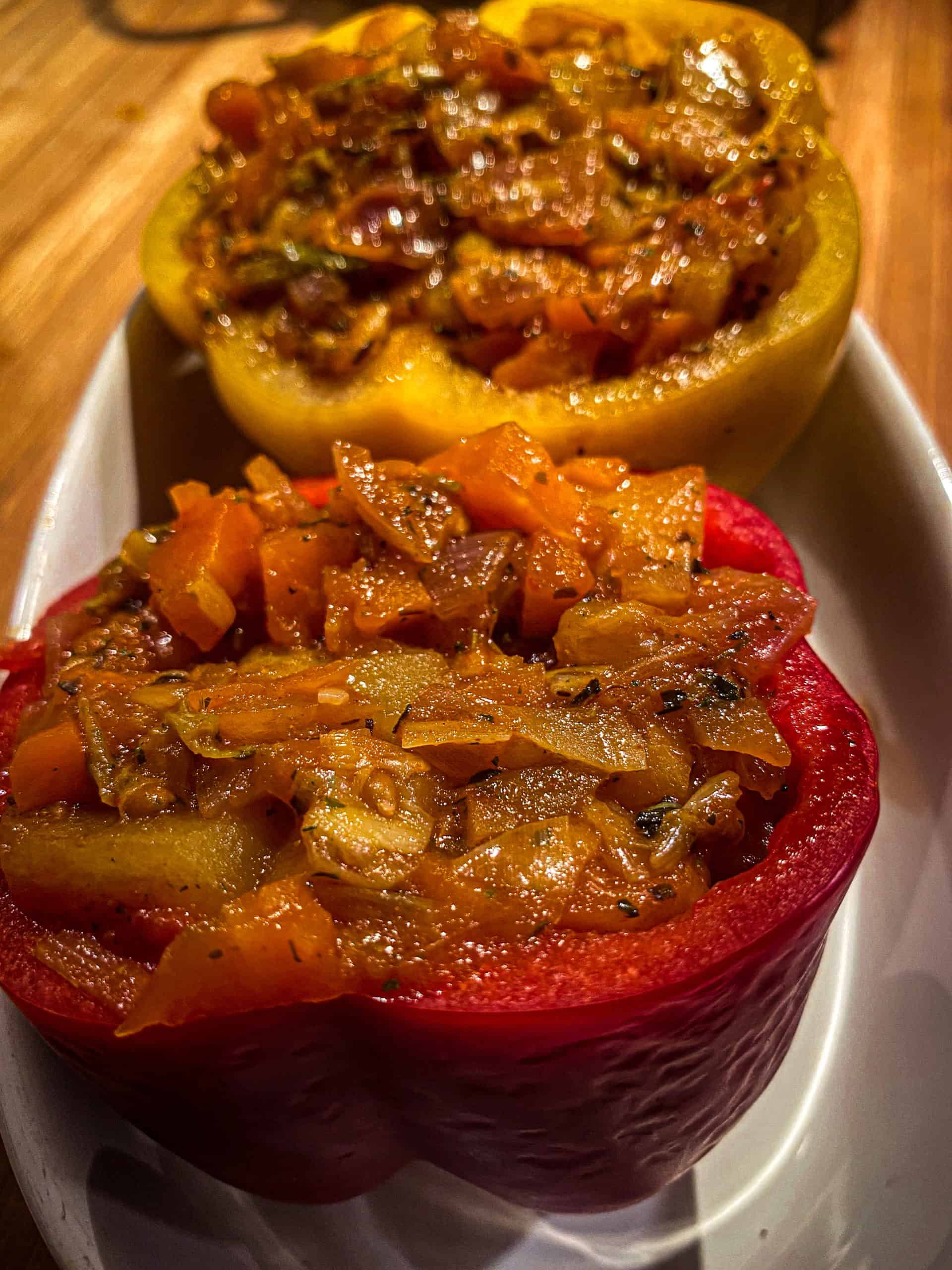vegetarianism diet
In this article I will deal a little more with the topic of vegetarianism . Since healthy nutrition is important to me personally, I would like to share my knowledge on this topic with you and inspire you at the same time.
Vegetarianism means not eating meat and eating mostly plant-based foods . This type of diet has become increasingly popular in recent years, and there are both health and ethical reasons for doing so.
In this article I will introduce you to the benefits of a vegetarian diet and give you tips on how to create a balanced vegetarian diet. I will also introduce you to some delicious vegetarian recipes . So, let’s go!
Other interesting articles:
- learn to cook
- 10 reasons why cooking yourself has so many advantages
- Vegetarian & Vegan Recipes
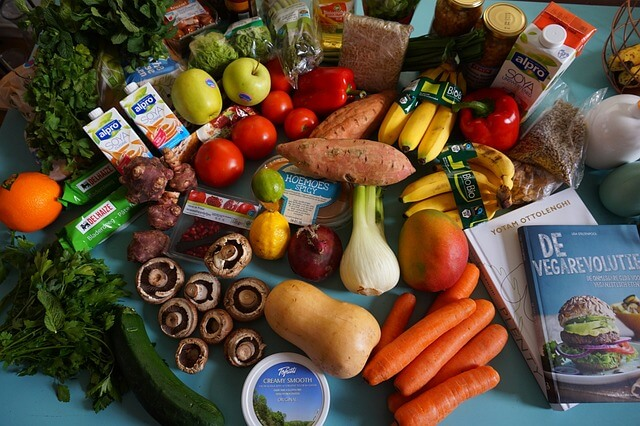
What is a vegetarian diet?
Vegetarian diet refers to a diet that avoids meat and eats mostly plant-based foods. There can be different variants, such as lacto-vegetarianism (no meat, but milk products), ovo-vegetarianism (no meat, but eggs) or veganism (no meat and no animal products).
The decision to follow a vegetarian diet can be made for a variety of reasons, such as ethical, health or environmental. First, let’s look at the benefits of a vegetarian diet.
Reasons for a vegetarian diet
- Health Benefits:
- Studies have shown that a vegetarian diet leads to healthier weight control,
- a lower incidence of cardiovascular disease
- and a reduced risk of certain types of cancer.
- Environmental benefits:
- The production of meat has a major impact on the environment,
- including greenhouse gas emissions,
- the overexploitation of water resources
- and the destruction of natural habitats.
- By not eating meat, you can help protect the environment.
- animal welfare:
- For many people, a vegetarian diet is also an issue of animal rights.
- They believe that every living being has the right to a good life and that it is unethical to kill or torture animals for food.
overview
This is about vegetarian nutrition and how you can integrate it into everyday life in a balanced and varied way . I’ve already talked about the various reasons for going vegetarian, including health benefits, environmental benefits, and animal welfare. Finally, I will share with you some delicious and easy-to-prepare vegetarian recipes that you can easily copy.
Benefits of a vegetarian diet
- Health Benefits:
- A vegetarian diet can contribute to a healthier lifestyle. Studies have shown that vegetarians:
- more often lower blood pressure,
- lower cholesterol levels,
- lower risk of certain types of cancer,
- have a lower risk of obesity and type 2 diabetes.
- A vegetarian diet can contribute to a healthier lifestyle. Studies have shown that vegetarians:
- Environmental benefits:
- The production of plant foods generate:
- fewer greenhouse gases
- less water consumption than the production of meat.
- Contribute to reduce carbon footprint and reduce environmental impact.
- The production of plant foods generate:
- Ethical reasons :
- Some people choose to follow a vegetarian diet for ethical reasons, as they want to support animal welfare. This is about saving animals from unnecessary pain and suffering by not eating meat.
These are just a few of the many benefits of a vegetarian diet. Nevertheless, it is important that your diet is balanced so that you are supplied with all the necessary nutrients.
Health Benefits
Eating a vegetarian diet rich in vegetables, legumes, nuts, seeds, and whole grains can provide you with a variety of health benefits. As mentioned above, studies have shown that vegetarians have a lower risk of cardiovascular disease and obesity compared to non-vegetarians. They also have a lower risk of developing certain types of cancer.
Another advantage is that nutrients such as vitamin C, vitamin E, potassium and magnesium etc. are already present in many types of vegetables, legumes or nuts.
If you’re considering a vegetarian diet, make sure you’re getting adequate protein, iron, and vitamin B12 typically found in meat products. Here you can fall back on plant sources such as legumes, nuts and seeds.
If you are unsure, be sure to talk to your doctor or a nutritionist.
environmental impact
In addition to the health benefits, this diet also has a positive impact on the environment. The production of meat has an enormously high ecological footprint, especially in factory farming.
If you avoid meat products and instead rely on plant-based foods, you contribute to a reduction in greenhouse gas emissions caused by livestock farming. Also, the production of plant foods uses less water and land resources compared to meat production.
A vegetarian diet can also help slow the loss of natural habitats, such as forests being cleared for livestock.
It is important to know, however, that not all vegetarian options are equally environmentally friendly. For example, avoid highly processed foods and instead choose fresh, seasonal, and locally sourced foods when you go shopping.
In any case, a vegetarian diet can have a major impact on the environment if practiced consciously and sustainably.
Ethical considerations
Another consideration with a vegetarian diet is ethics. Many people choose a vegetarian diet for ethical reasons, because they want to speak out against the treatment of animals in factory farming and want to raise them more species-appropriately.
If you choose a vegetarian diet, you can make a clear statement for a more humane treatment of animals and contribute to a better world.
But be careful, not all plant-based foods are safe for the environment and animals. For example, avoid foods that are produced under poor working conditions or foods that are cultivated in a way that destroys natural habitats.
A conscious and sustainable choice of food is also important with a vegetarian diet in order to take both ethical and ecological considerations into account.
Nutrient requirements in the vegetarian diet
When you choose a meat-free diet, it’s important to meet your nutritional needs to stay healthy and balanced.
While some nutrients, like protein and vitamin B12, are usually found in higher amounts in animal foods, these nutrients can also be found in plant foods if you know where to look.
For example, you can get protein from legumes, nuts, and seeds, while you can get vitamin B12 from specific foods or supplements.
You should make sure you are getting enough iron and zinc to provide your body with these important nutrients. These nutrients can be found in plant foods like whole grains, nuts, seeds, and legumes.
In conclusion, a balanced and varied vegetarian diet can also cover your nutritional needs and keep you healthy.
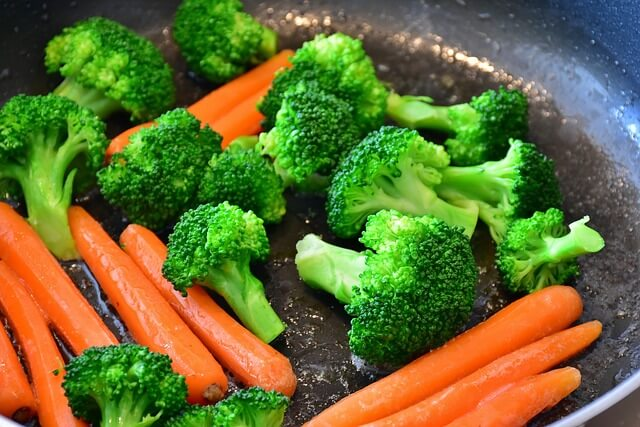
protein
Protein is an important building block for your body and an important part of your diet. In a vegetarian diet, you can cover your protein needs from plant foods such as legumes, nuts and seeds. You can also use foods like soy milk and tofu.
iron
Iron is an important nutrient responsible for transporting oxygen in the blood. You can find it in whole grain products, legumes, nuts and seeds. Eating foods rich in vitamin C is also helpful to help the body absorb iron more easily.
Vitamin B12
Vitamin B12 is important for the health of your nerves and blood. If you are vegetarian, you should get your vitamin B12 from specific foods or supplements, as plant-based foods do not have adequate amounts of it.
calcium
Calcium is important for the health of your bones and teeth. As a vegetarian, you can get calcium from dairy products like soy milk and tofu, as well as kale and other leafy green vegetables.
zinc
Zinc is important for the growth and function of your cells and for a strong immune system. You can get zinc from whole grain products, legumes, nuts and seeds.
Tips for a balanced vegetarian diet
Diversity is important :
In a vegetarian diet, it is particularly important to ensure a varied selection of foods. Eating a wide variety of plant-based foods can ensure you’re getting all the essential nutrients your body needs. Avoid limiting yourself to a few foods and instead keep trying new vegetables, legumes, nuts, and seeds.
Vegetable protein sources:
Protein is an important building block in our diet, but it can be difficult to get enough of it in an all-plant-based diet. One way to do this is by eating legumes, nuts and seeds. For example, you can integrate lentils, chickpeas or beans into your meals or use tofu or tempeh.
Vitamin B12:
Since vitamin B12 is mainly found in animal products, you should take it from dietary supplements, for example.
Fat:
When I say fat, I only mean healthy fats, which are found in plant foods like avocados, nuts, and seeds.
Water:
Water is important for health. Make sure you drink enough and regularly. They say an average of 2-3 liters a day to keep your body from dehydrating.
Use of fortified foods
Some foods, such as margarine, soy milk and cereals, are often fortified, which means key nutrients like vitamin B12 and iron are added. Eating fortified foods is a great way to meet your nutritional needs on a vegetarian diet.
Consideration of nutritional supplements
In some cases, it may be helpful to take specific nutritional supplements to meet nutritional needs. For example, a vitamin B12 supplement may be useful since this nutrient is not found in plant form. However, always check with your doctor before taking any supplements to make sure they are right for you.
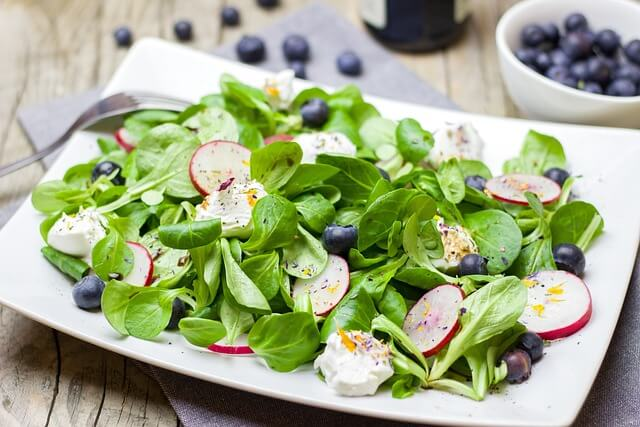
Vegetarian recipe ideas
Eating a healthy and balanced diet, then maybe only vegetarian, could be very monotonous for some people. But it doesn’t have to be!
The meatless diet offers a wide variety of flavors and ingredients to incorporate into your meals. Whether it’s breakfast, lunch, dinner or snacks – there are endless possibilities to add variety and interest to your daily meals.
Breakfast
Start your day with a healthy and nutritious breakfast that will keep you energized throughout the morning. Try a protein-rich quinoa bowl with fruits and nuts, a vegan breakfast bowl with avocado, tomato and tofu or a delicious pancake recipe with oatmeal and bananas.
lunch
There are countless vegetarian options for lunch, from salads to soups and pasta dishes. Try a colorful vegetable salad with a plant-based dressing, pumpkin and lentil soup, or pasta with a creamy avocado sauce.
dinner
A vegetarian evening meal can be so versatile and delicious. Cook a casserole with vegetables and beans, a spicy ratatouille or a delicious stir-fry with tofu.
snacks
You can also eat healthy and vegetarian in between. Try fresh fruit, raw vegetables with dip, nuts or vegan cookies or cakes.
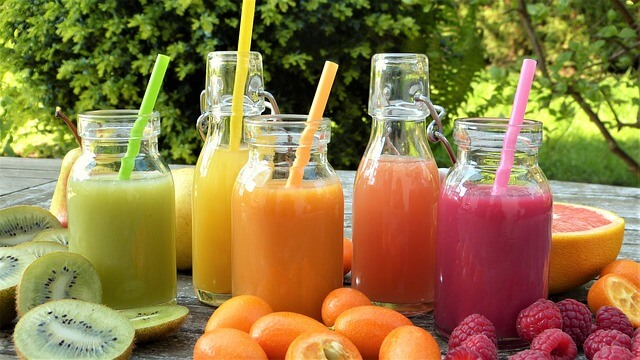
Conclusion
Here you got to know different aspects of vegetarian nutrition. A vegetarian diet should therefore be healthy and varied. There are also many delicious vegetarian recipes to try. It is therefore worth considering in advance whether this diet is the right choice for you. I hope this article was helpful to you!
On my site you will also find many delicious, quick vegetarian and vegan recipes that are easy to follow. So feel free to take a look around!
Vegetarian diet is healthy and varied
You learned that not only is a vegetarian diet good for the environment, but it also offers numerous health benefits. There are many ways to get all the essential nutrients in your vegetarian diet. Plus, the vegetarian diet is replete with endless possibilities for delicious and varied cuisine.
Pay attention to a balanced diet
It is important that you eat a balanced diet to ensure that you get all the important nutrients. Consume certified foods and nutritional supplements when necessary, and provide your body with a variety of plant-based protein sources and other nutrients.
There are many delicious vegetarian recipes
You can find vegetarian recipe ideas here on my blog. From soups to pans and open recipes to different cakes, be sure to try them!
From a fresh breakfast to a delicious lunch to delicious snacks – the possibilities are endless.
Consider whether a vegetarian diet is the right choice for you.
Ultimately, it is important that every body is different and everyone has their own way of eating. Consider whether a vegetarian diet is the right choice for you, and feel free to speak to your doctor or nutritionist.
But one thing is certain: a vegetarian diet can be a healthy and enjoyable choice!
Vegetarian diet: FAQ
What do you eat when you are vegetarian?
Vegetarianism means refraining from eating meat and meat products. There are different forms of vegetarianism, such as lacto-vegetarianism (no meat but dairy products), ovo-vegetarianism (no meat but eggs) and veganism (no animal products).
What should a vegetarian eat every day?
A balanced vegetarian diet should consist of a variety of plant-based foods, such as vegetables, legumes, nuts, seeds, whole grains, and plant-based dairy products. It is important to get enough protein, vitamin B12, iron and omega-3 fatty acids.
What are the shortcomings of being a vegetarian?
As a vegetarian, you are at risk of deficiencies in vitamin B12, iron and omega-3 fatty acids. This can be offset by eating plant-based foods rich in these nutrients or by taking supplements.
What should vegetarians eat instead of meat?
Vegetarians need to eat plant-based foods rich in protein, such as legumes, nuts, seeds, and whole grains, rather than meat. There are also plant-based meat substitutes made from soy, tofu, or seitan.
What can I eat on a vegetarian diet?
A vegetarian diet includes eating vegetables, legumes, nuts, seeds, whole grains, plant-based dairy, and plant-based meat substitutes. Depending on the form of vegetarianism, eggs or dairy products may also be allowed.



